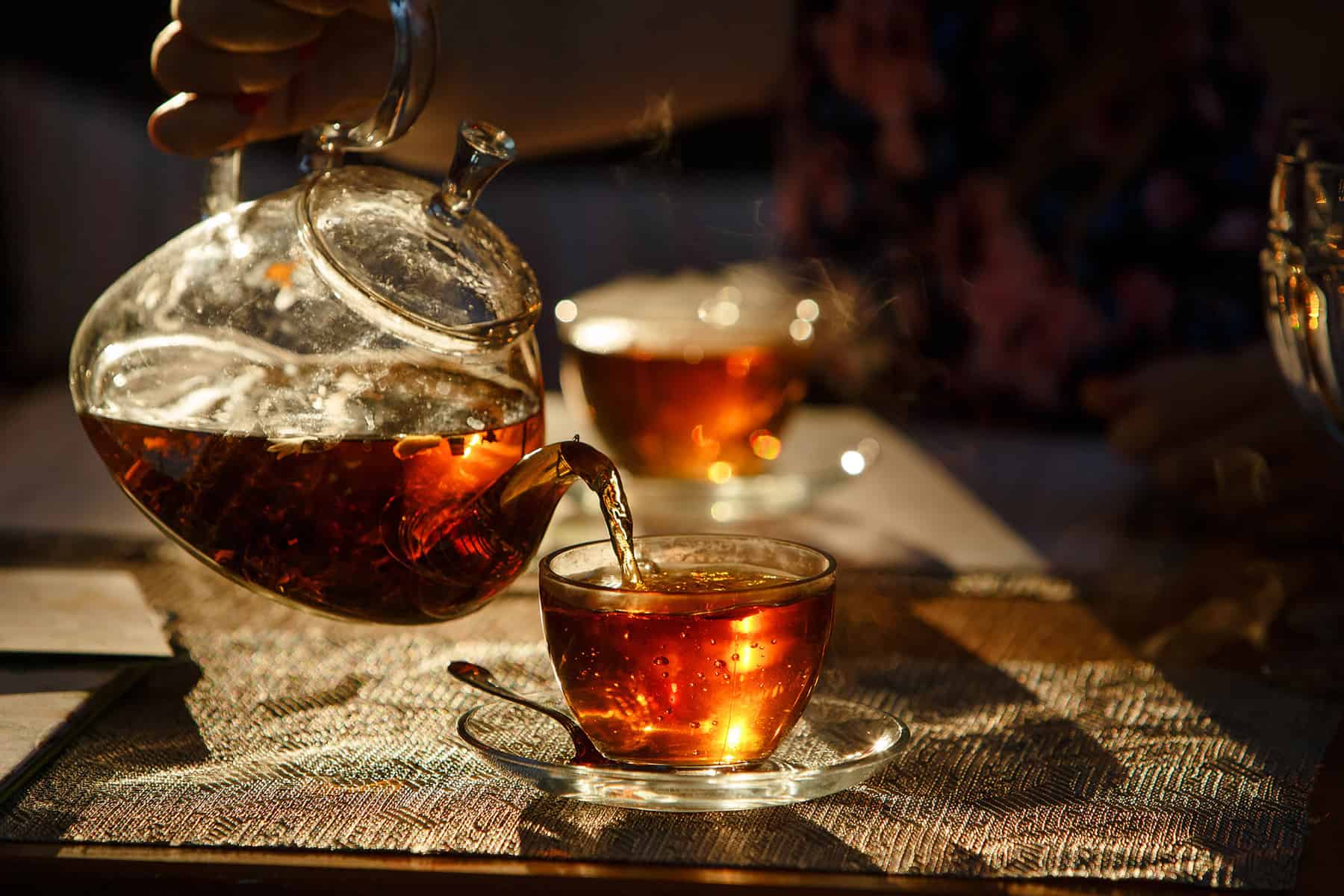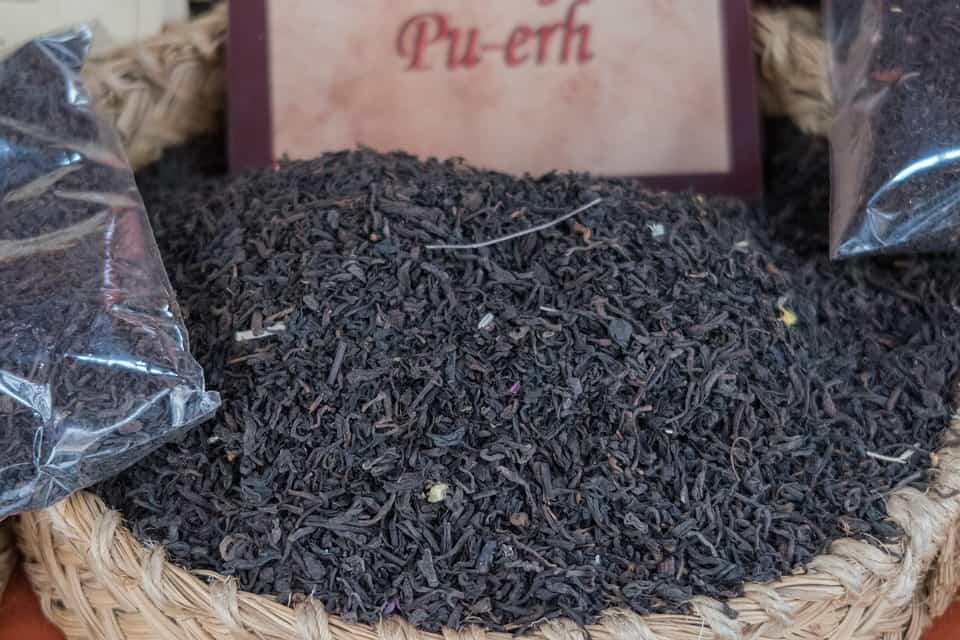If you enjoy drinking tea, you might be familiar with Darjeeling, a type of tea which is cultivated in India.
People enjoy the beverage not only for its rich flavor but also Darjeeling tea benefits to ensure your well-being.
The following article will explain what Darjeeling tea is, as well as its health benefits.
What is Darjeeling Tea?
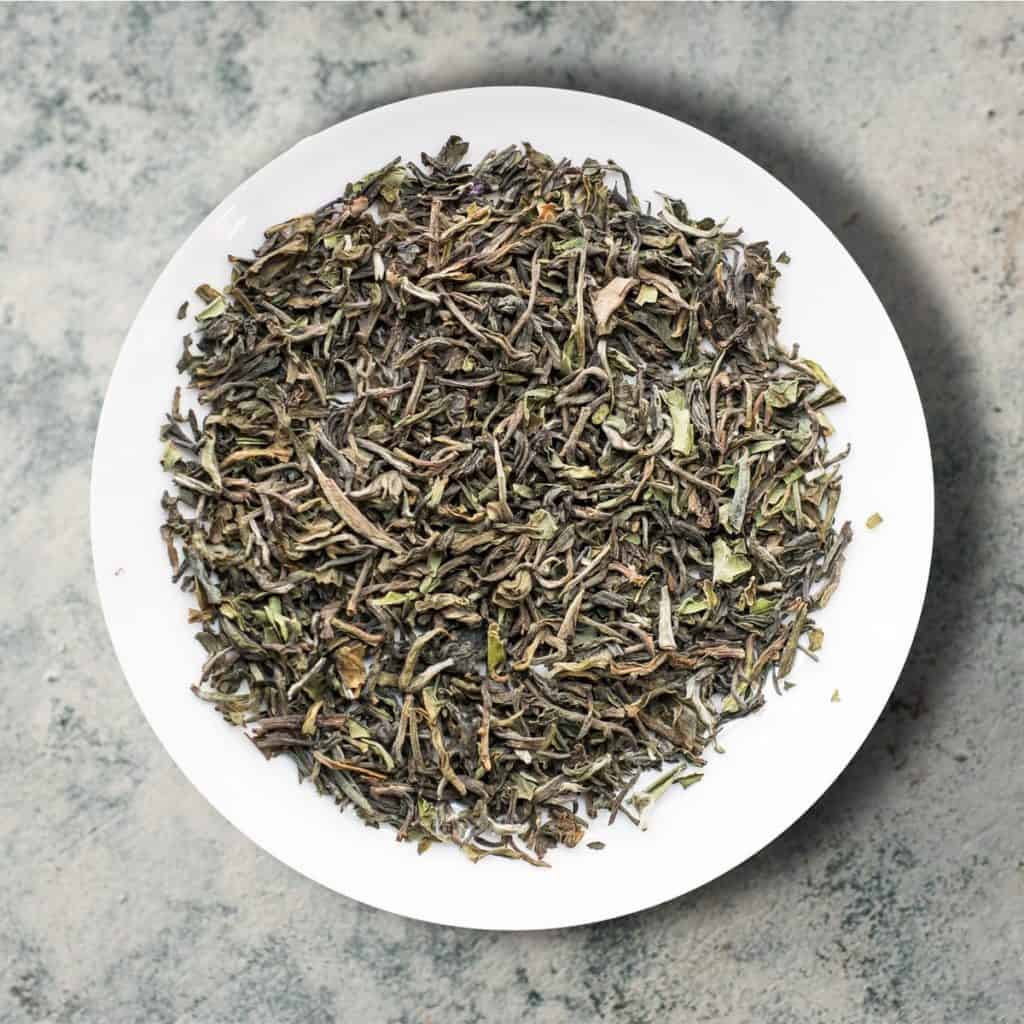
Darjeeling is a variety of tea that is cultivated in Darjeeling district in West Bengal, India.
Similar with “Champagne” drink from Champagne, France, tea can only be called a Darjeeling if it’s grown and manufactured in this area.
Darjeeling is one amongst many of the notable tea known and exported worldwide. Unlike most Indian teas that are made from Assam leaf, Darjeeling is made from the small-leaved variety of Camellia Sinensis var.
Although often known as black tea, Darjeeling can be processed into other alternatives such as black, green, white, and oolong. These varieties are produced by oxidizing the leaves to different levels.
What Does Darjeeling Tea Taste Like?
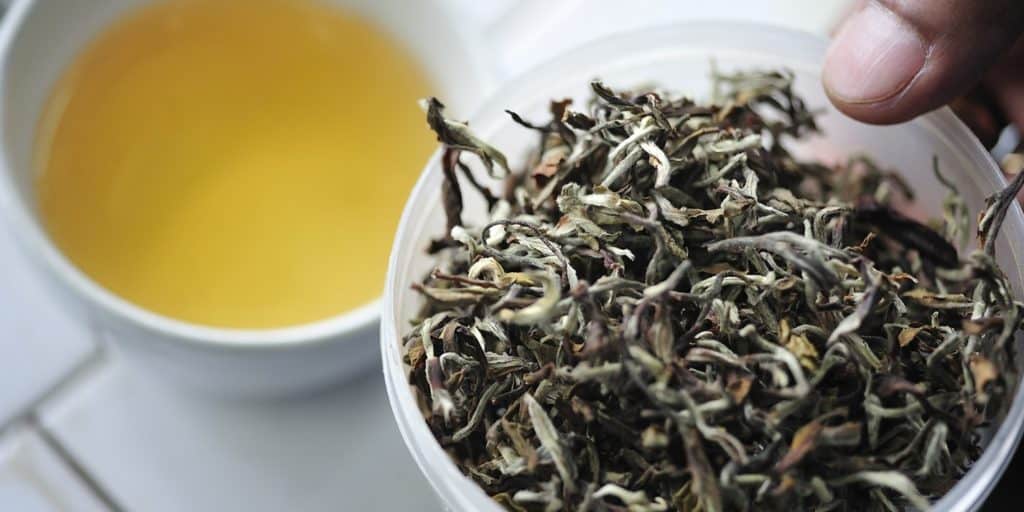
Darjeeling tea is quite subtle when it comes to taste. It is light to medium-bodied and gives astringent or spicy aftertaste, which is usually known as “muscatel”.
Moreover, when brewed properly, Darjeeling tea gives a fruity or floral aroma. The color varies from a light golden to darker bronze liquid.
How to Brew Darjeeling Tea
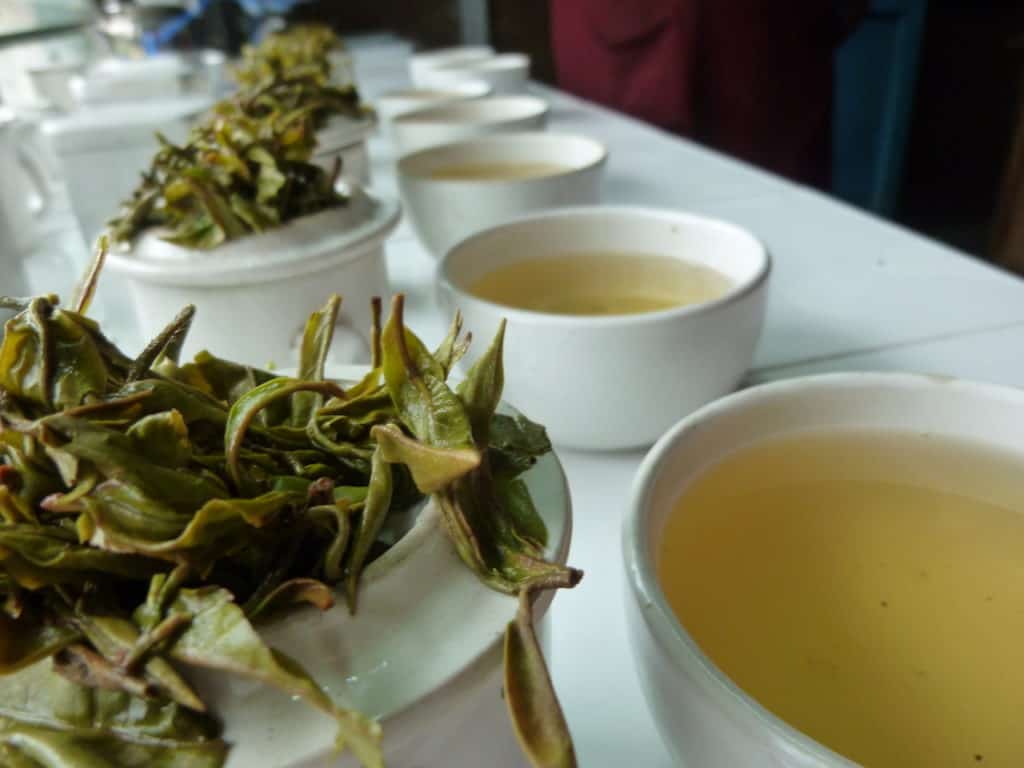
Brewing a homemade Darjeeling tea is not difficult. However, your preparation and steep duration will differ based on what kind of leaves you’re using and what health benefit you’re trying to achieve.
This example will use a black Darjeeling tea.
- Step 1: Clean your pot or cup with streaming water, then pour it out.
- Step 2: Boil a kettle of water and let it sit in. The ideal temperature for Darjeeling is 205 Fahrenheit.
- Step 3: For a cup, take a teaspoon of black Darjeeling tea leaves.
- Step 4: Pour the hot water into the cup and steep it for 3 until 5 minutes.
- Step 5: Enjoy.
Aside from its distinct flavor and reputation around the globe, there are tons of Darjeeling tea benefits, particularly for health:
1. Promotes Weight-Loss

A lot of people wonder, ”does Darjeeling tea have caffeine?” The answer is yes. In fact, the caffeine it contains stimulates metabolism and provides energy to do activities, thus making it easier to burn fat and calories.
So, those who want to shed some kilograms can consider putting Darjeeling in their diet.
In addition to that, Darjeeling is also low in calories and sugar. You can consider substituting soda and other sweetened beverages with Darjeeling tea.
2. Darjeeling Tea is Rich in Antioxidants

Tea is one of the main sources of antioxidants, and Darjeeling is not an exception.
Antioxidants neutralize free radicals and other harmful chemicals that go into your body, either from digestion or direct exposure.
Darjeeling is particularly rich in these anti-radical components, including the two largest ones which is thearubigins and theaflavins.
Regular consumption of Darjeeling tea helps you to avoid cell damage that leads to serious illnesses.
3. Helps Lowing the Propensity of Cancer
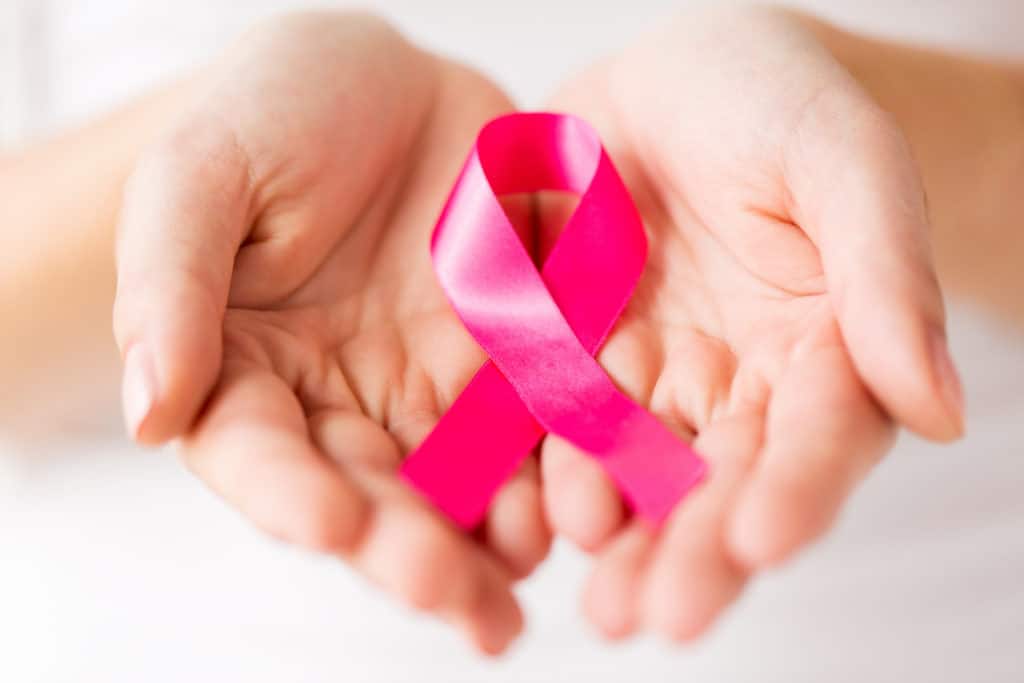
A research made by BMC Complementary and Alternative Medicine in 2014 proved that Darjeeling extract has anticancer and antimutagenic properties.
Consuming Darjeeling decreases the risk of cancer due to its polyphenolic compounds. Polyphenol is powerful in restricting tumor developments in your body.
As a natural antioxidant, Darjeeling has an anti-mutagenic quality that helps reducing cellular mutations.
4. Improves Oral Health

Darjeeling helps you to increase your dental health with components such as magnesium and fluoride.
Magnesium protects your teeth and supports bones and teeth formation. Meanwhile, fluoride strengthens your teeth enamel to prevent teeth loss.
Moreover, Darjeeling tea wards off bacteria and fungi that cause bad breath, gum disease and cavities.
5. Beneficial for Bones

Who would’ve thought that drinking tea can prevent osteoporosis?
A study conducted by The American Journal of Clinical Nutrition in 2007 said that women who don’t drink tea have a less bone density compared with those who do by 3%.
Whereas in five-year observation, the women who don’t drink tea will lose their bones density faster.
6. Keeping Us Well-Hydrated

Doctors and nutritionists both recommend us to drink eight glasses of water every day, tea is no exception.
Tea is abundant in antioxidants and flavonoid, which helps you to stay hydrated while still warding your body from free radicals.
7. Strengthen Your Immune System

Just like other teas, Darjeeling is affluent in antioxidants. It keeps your immune system in check and protects you from various illnesses.
By consuming it regularly, you could avoid minor ailments such as cold or flu, and even preventing the chronic ones.
8. Prevents Parkinson’s Disease
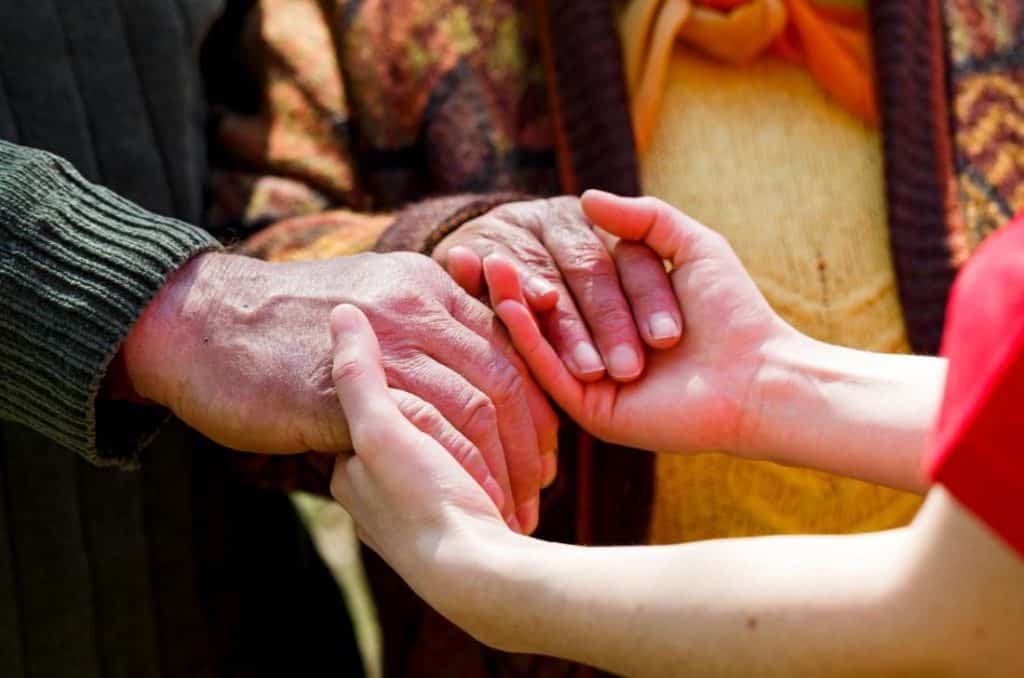
Parkinson’s disease is a nerve disorder that attacks the nerve cells. It affects older people, yet younger generations can also suffer from it due to poor diet, unhealthy lifestyle, and stress.
Darjeeling tea acts as an aide in preventing this disease because it contains a compound called Polyphenol. Just like antioxidants, Polyphenol helps you to protect cells and body’s tissues from stress and health-aggressors.
9. Eases Stress
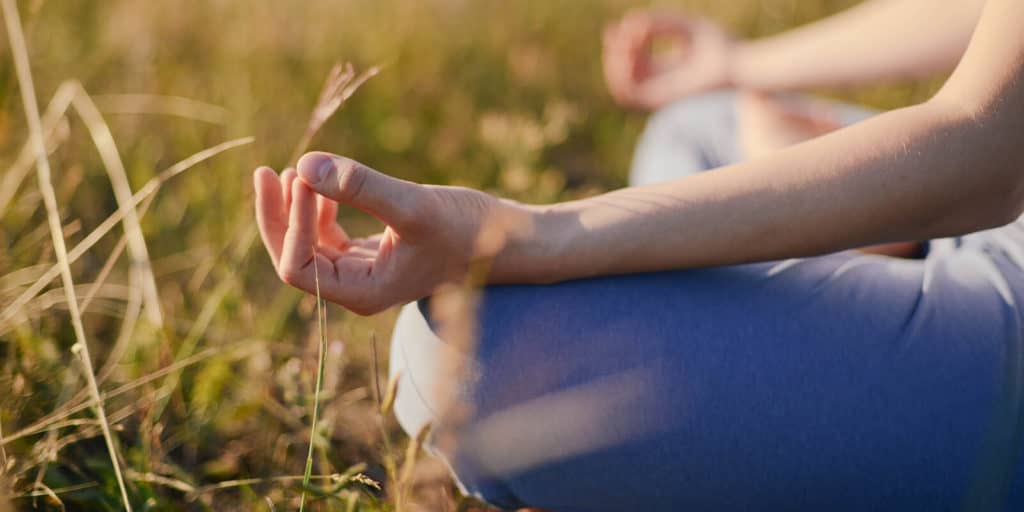
Stress is a great part of life, and it can affect you in multiple ways, either physically or mentally. Although avoiding stress is hard, you can ease it down by making yourself a cup of Darjeeling tea.
Darjeeling helps to regulate cortisol or the stress hormone better. In addition to that, the additional caffeine makes you more alert and energized.
10. Reducing Gastric Ulcers
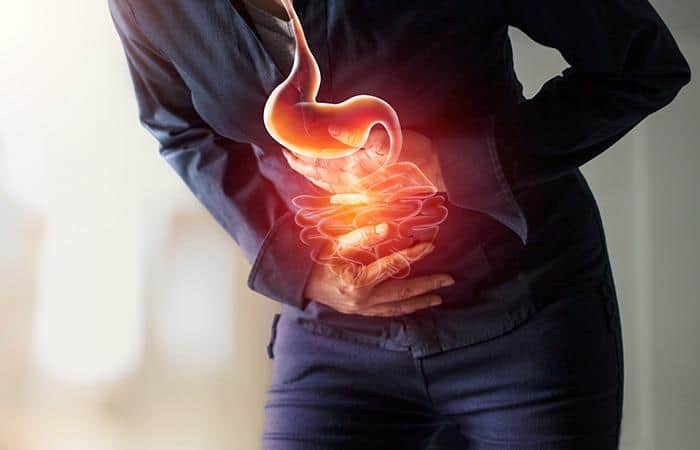
If you are suffering from a gastric ulcer, consider drinking more Darjeeling tea. According to a study by the Journal of Medical Food, Darjeeling tea helps relieving inflamed stomach and banish H.
Pylori bacteria that can worsen your gastric ulcer.
Moreover, drinking Darjeeling tea regularly can also help you maintain your gastric health and avoid future ailments.
Darjeeling Tea Side Effects
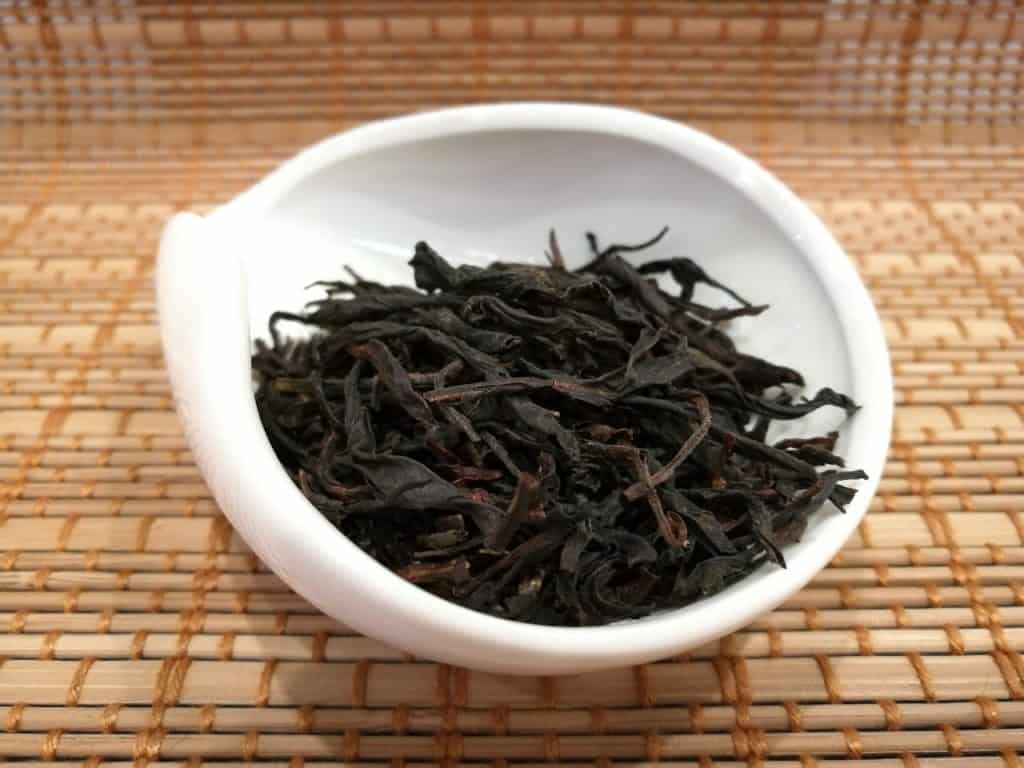
Generally, consuming Darjeeling tea is safe for your health. However, Darjeeling contains caffeine, approximately 40 to 70 gram in a cup of tea.
The caffeine might bring you some side effect if consumed in a high amount.
Darjeeling’s side effects ranging from mild to a serious one, including headache, nervousness, sleeping problems, and diarrhea, among other things.
Therefore, you might want to consult your doctor about your condition before taking it.
Conclusion
Darjeeling tea is a notable tea from India that’s famous for its flavor and health benefits. Making a cup of Darjeeling tea is easy, although you need to give a different preparation for a different type of leaf.
Like most teas, Darjeeling contains antioxidants and flavonoids, which can be used to avoid the damages from free radicals.
You can consume it with milk, honey, or sugar, but it’s best to drink it plainly as you’ll get the most of Darjeeling tea benefits.
Read More :


